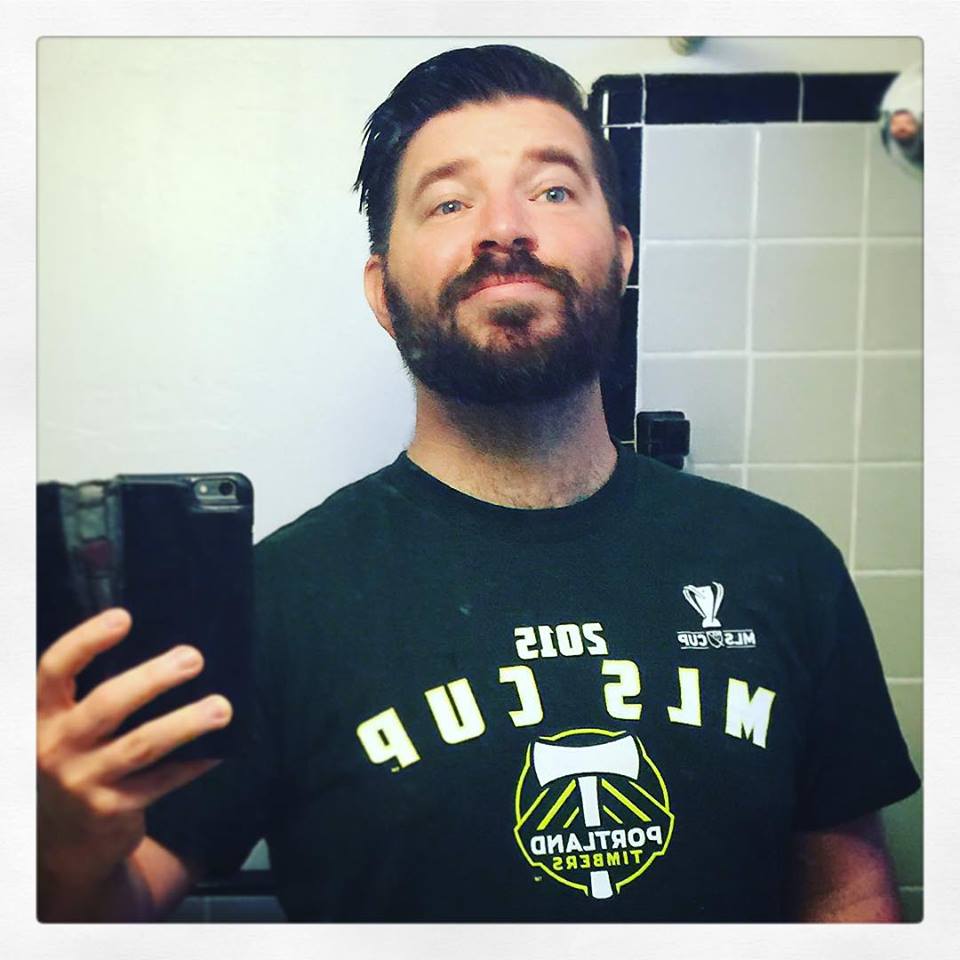I wandered around the shelves of my local bookstore this afternoon. I was looking for several biographies, but enjoyed the search to find them. I was reminded of the fruitless search through the archives performed by Kvothe and orchestrated by Elodin. Just like the former, I found myself wandering down rabbit trails of interest as I’d flip through books I had never considered. Sadly, I never found the name of the wind–or The Name of the Wind. Instead, I found many of the books that used to reside in my own library. I’m still trying to decided how I feel about that.
When I packed up my things this summer to make the move to New York, I realized that I couldn’t move all the books I had acquired over the last fifteen years. I went through them a number of times, and with each felling I cut the number of keepers down. While I was looking through the fiction section today I ran across my old copy of Silence, by Shusaku Endo. I bought and read Silence almost ten years ago after a glowing recommendation by Philip Yancey in his book Soul Survivor. Having it in my hands again made me want to re-read it. I’m not going to, but I will suggest it to anyone reading this. If you’re looking for a story about colonialism, catholicism, Japan, or sacrifice, or one that just introduces you to incredible characters, Silence is a great option. At least, as I remember it. I mean, it’s been ten years.
As I continued around the store I found another of my former books. We Wish to Inform You That Tomorrow We Will Be Killed With Our Families, by Philip Gourevitch, is another book that deals with sacrifice, colonialism, and raw humanity. It tells stories from the 1994 Rwandan genocide. It’s a terrible sad book, but it also has threads of hope sewn through it, as there were people trying to help others during a horrific time in world history.
The last of my old books that I saw was The Art of Biblical Narrative, by Robert Alter. I read that book for my Old Testament class while I was a student at Wheaton College. This book was one of the first that introduced me to a reading of the Bible from a secular literary point of view, and my experience with it is certainly part of the reason I loved In the Beginning, by Chaim Potok.
At this point in my life I might best describe myself as a skeptic, and view the stumbling-upon of these three books as simple coincidence. But it’s a nice coincidence, since it was just today that I finished reading The Master and Margarita, by Mikhail Bulgakov. Bulgakov weaves a story about Russia and Russian society from the early twentieth century that deals with many of the same themes as these three former books of mine, but especially religion and the suppression of religion, and what it looks like to tell a story that those in power might not want to hear.
I feel like I need to give Bulgakov another reading, and sooner would be better. Regardless, finishing a book and seeing others that have had a strong impact on me over the years combined to reinforce how important storytelling is to me. Even though writing this doesn’t add to the page count of the musical I’m working on, it does contribute to my practice as a writer, and that’s always worthwhile.
*The book store is called While Away Books, and I feel like it's almost intentionally disorganized to resemble the University's Archives, for the very purposes I've listed. I like believing that this is intentional. It's romantic.


